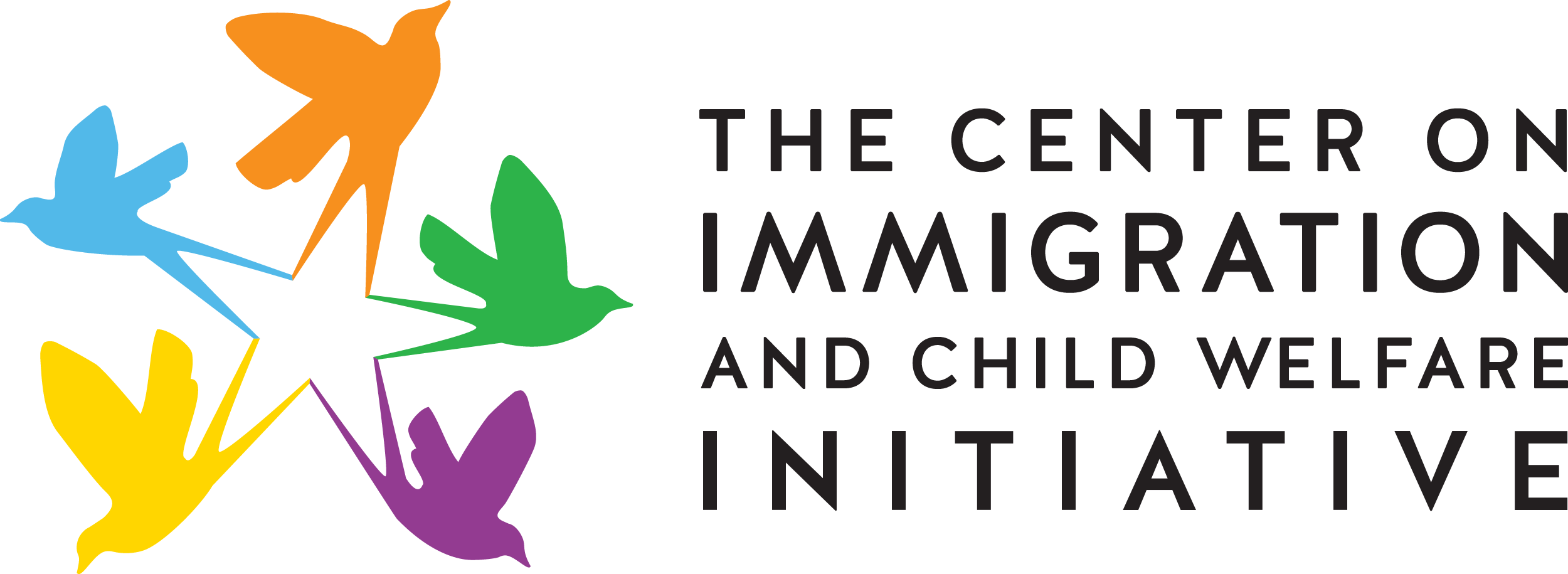Fact Sheet: LIFT the Bar Act
First Focus Campaign for Children (September 2021)
This fact sheet provides a summary and background on the proposed LIFT the Bar Act and highlights how this legislation would positively impact children in immigrant families.

